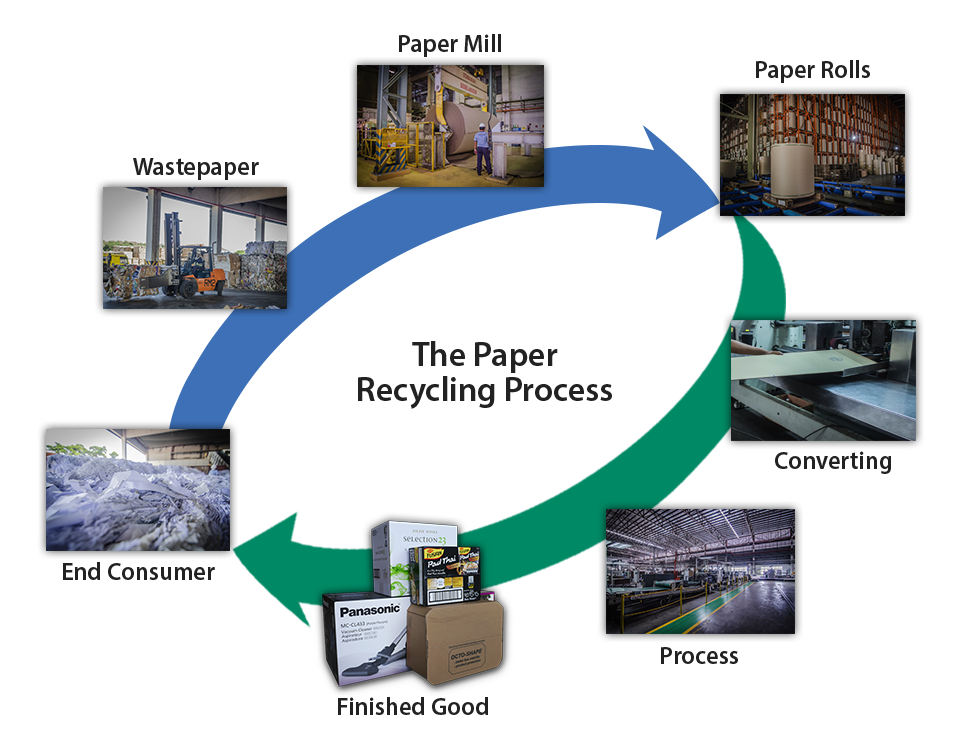Turning Trash into Treasure.
Navigating a Greener Tomorrow with E-WASTE.
Navigating a Greener Tomorrow with E-WASTE.
The GROUNDWATER MANAGEMENT web application is designed to provide a digital platform for citizens to address their groundwater-related concerns to local authorities.
Reporting daily groundwater issues can be a cumbersome process, but groundwater management aims to simplify this. With just a handheld device connected to the internet, users can easily submit their concerns through this platform. The automated system will route the complaints directly to the relevant authorities. Municipality administrators can acknowledge the reports, allowing users to track whether their complaints regarding groundwater quality or depletion have been addressed.
Groundwater serves as a critical resource for communities relying on it for drinking water, irrigation, and sanitation. However, deficiencies in groundwater management and oversight can have detrimental effects on public health and the environment. According to the annual report by the Department of Water Resources, it is essential to monitor and manage groundwater effectively to ensure its sustainability. Across the country, various organizations are responsible for groundwater quality and availability. All stakeholders must adhere to established groundwater management guidelines to prevent depletion and contamination, ensuring safe and reliable access to this vital resource.


Management of Municipal Solid Wastes: A Case Study in Kerala, India
If you have any issues or concerns regarding our services, please feel free to register a complaint. Your feedback is valuable to us.
Recycling and reusing household waste are vital for reducing landfill waste, conserving resources, and minimizing environmental impact. By recycling materials like paper, plastic, and glass, we lower energy consumption and greenhouse gas emissions. Additionally, reusing items fosters creativity and reduces the need for new products, promoting a sustainable lifestyle and protecting our planet.
🢧 Environmental Protection: Reduces landfill waste and pollution, conserving natural habitats.
🢧 Resource Conservation: Saves raw materials and energy needed to produce new items.
🢧 Reduction of Greenhouse Gas Emissions: Lowers carbon footprint by decreasing waste processing and
manufacturing needs.
🢧 Economic Savings: Cuts costs on waste disposal and can create economic opportunities through recycling
industries.
🢧 Creativity and Innovation: Encourages creative reuse of items, fostering a culture of sustainability.
🢧 Community Engagement: Promotes community initiatives and awareness about environmental responsibility.
🢧 Job Creation: Supports jobs in recycling and waste management sectors.
Recycle plastic containers, bottles, and packaging.
Reuse or recycle newspapers, magazines, and cardboard.
Glass bottles and jars can be recycled multiple times.
Compost food scraps to reduce waste and enrich soil.
Turn garden clippings and leaves into compost or mulch.